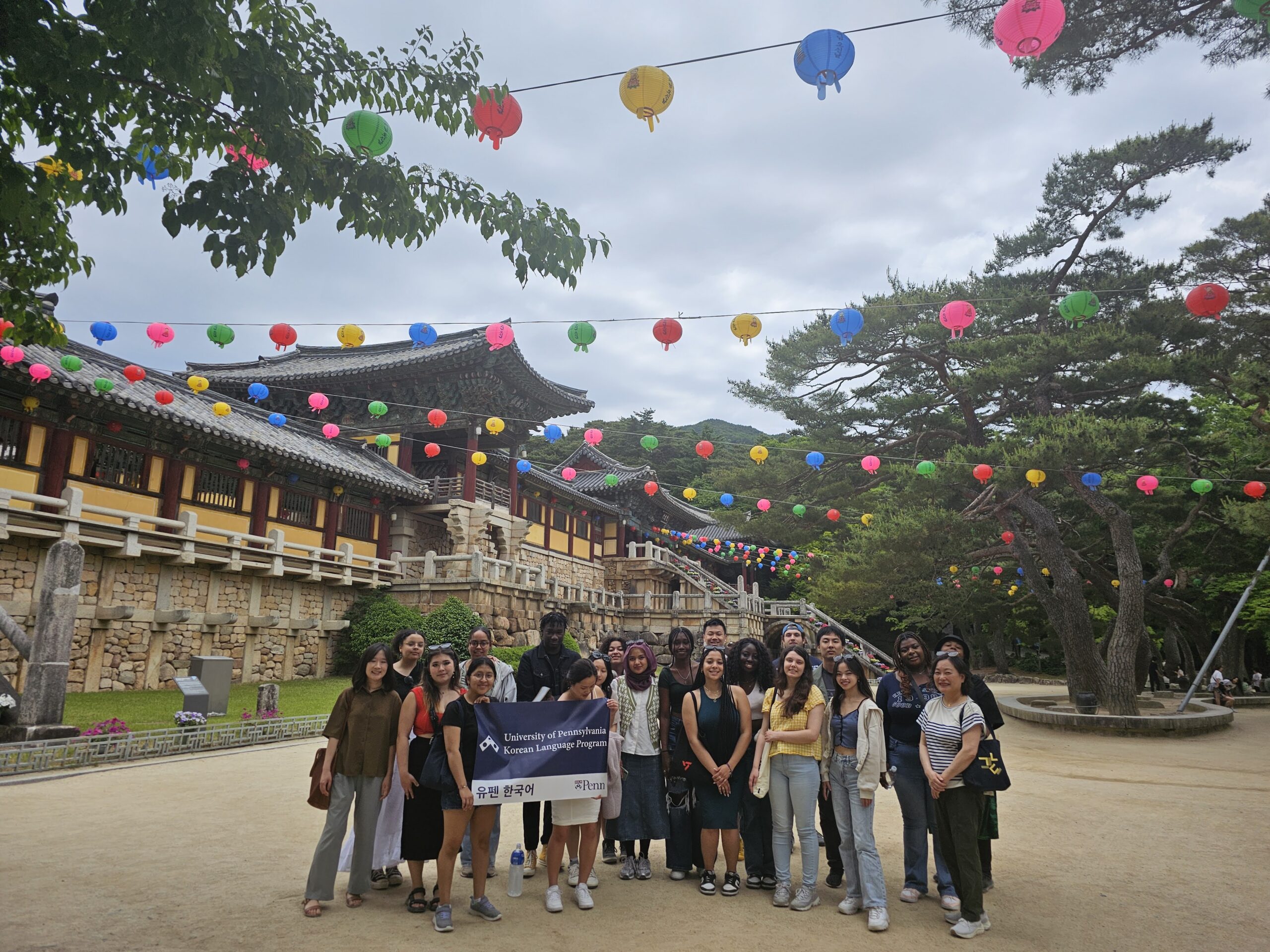
Role of the Faculty Leader
Ensuring Student Safety Abroad
PGS faculty leaders can expect to spend more time developing and teaching a PGS course than any other course they have previously taught.
Instructors are not required to have prior experience leading undergraduate students abroad, but are expected to be open to the additional responsibilities implicit in this position. Penn Abroad staff will be available to guide faculty and provide support through each step of the process.
Faculty responsibilities above and beyond teaching a normal class include:
1.
Admissions Process
Faculty leaders will be a vital partner in developing an application for the course, reviewing student applications, and conducting interviews (optional). With guidance from Penn Global, faculty leaders make final decisions regarding student admissions. The admissions process always takes place during advance registration in the semester prior to the course, and faculty are expected to make final decisions within 3 weeks of the application deadline.
2.
Rostering the Course
Because Penn Global is not an academic department, it cannot roster the course or enroll students. The faculty leader is responsible for obtaining approval to teach the course, rostering the course within their department/program, and issuing permits to accepted students.
3.
Selection of a Travel Provider
While Penn Global takes the lead in identifying potential travel providers, it is imperative that the faculty leader participates in this process in order to ensure that the provider is the right fit for the program. Faculty leaders would be expected to join phones calls with potential providers, assess the providers’ proposals, and maintain ongoing communication with the provider in the months leading up to the travel.
4.
Developing the Travel Itinerary
Faculty leaders will work with their local contacts to set up meetings and site visits in advance of the travel component. This can often be a complicated and time-consuming process involving considerable back-and-forth with contacts regarding scheduling and last-minute changes. Active and ongoing communication is required in order to ensure that the academic objectives of the travel component are met and that the travel component reflects the vision of the faculty leader.
5.
Pre-Departure Activities
Faculty leaders will work with Penn Global to run a pre-departure orientation, make time in class for a group health consultation (when applicable), and follow-up with students as needed on missing paperwork and documents.
6.
Participate in a Trip Leader Training
Penn Global will offer a required trip leader training prior to the course travel component. This is a wonderful opportunity to discuss the complexities of student group travel and troubleshoot potential issues with fellow faculty and staff leaders.
7.
Leading the Travel Component
The faculty leader is considered the primary leader of the travel component. Penn Global provides a staff member to serve as the staff leader of the trip, and this individual’s primary purpose is to be the main point-of-contact with the travel provider, ensure that the program runs smoothly, and serve as the liaison with students on any non-academic issues, including illness, student conduct, roommate disputes, etc.
Faculty leaders are required to assist Penn Global in the enforcement of PGS student participant policies.
Penn Global works closely with faculty leaders and guides them through every stage of the course development process. Upon completion of the program, many faculty leaders report back that teaching a Penn Global Seminar was the highlight of their teaching career at Penn.
The relationships that are fostered between the faculty leader and the students are unlike any that can be achieved in a normal course, and many faculty leaders are able to build upon existing partnerships abroad by running a PGS consistently to the program site.